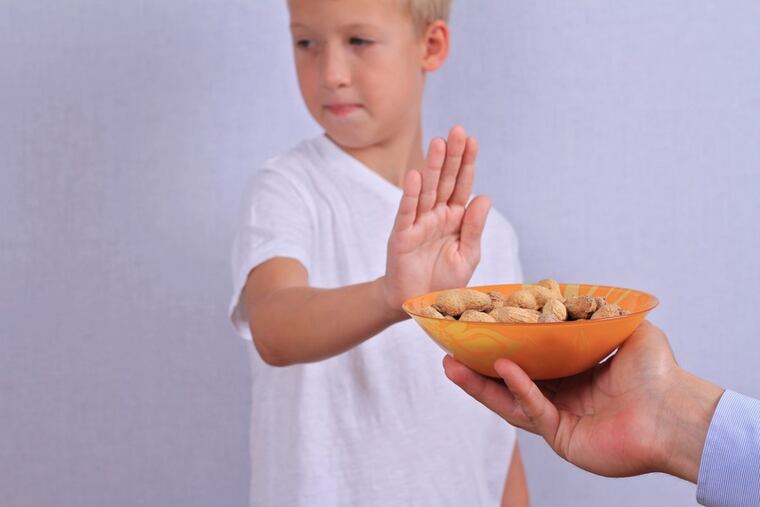Food allergy bullying is real, and can be dangerous, pediatrician writes
Three teenagers face criminal charges after intentionally exposing a school classmate with a severe pineapple allergy to the fruit, authorities said last month. Some health providers fear food allergy bullying is on the rise.

At a high school in the Pittsburgh area, a 14-year-old teen with a severe pineapple allergy was recently the victim of a potentially serious crime when one of her peers deliberately rubbed her hands in pineapple and then high-fived the allergic student. The girl had to be rushed to the hospital by ambulance. Fortunately, she was treated and released the same day.
The offender was charged with felony aggravated assault and conspiracy. Two other alleged co-conspirators are facing charges as well. It was well known in the school that the girl was allergic to pineapple, according to news reports. Apparently, there was a premeditated discussion among the teens to perform this abhorrent act.
The new 'Peter Rabbit' movie has parents hopping mad over a scene depicting food allergy bullying.
Their attorney has reportedly said that this was merely a "prank." Regardless of their intent, exposing an individual with a history of anaphylaxis to foods they are allergic to can have fatal consequences.
The consequences for the teens are for the local authorities to sort out, as we are not privy to the details or may not have accurate information. Local counselors and possibly mental health professionals may need to be involved.
From the perspective of the allergic individuals, they know the seriousness of this so-called "prank." Young men and women who grow up with a food allergy constantly deal with it on a daily basis. For every restaurant visit, they continually have to confirm the meal they are ordering does not contain the allergic food. They learn how to read labels and avoid anything with even the most remote possibility of contamination. They carry epinephrine auto injectors wherever they go. They learn to wash their hands, and wipe down counters and trays before consuming their food. It can be exhausting at times.
In addition, food allergy often leads to the allergic teen being bullied or ostracized. Adolescence is not an easy time to manage food allergies when most teens are trying to integrate socially among their peers. Ultimately, these individuals learn to cope, with the promise and hope of new treatments on the horizon that may at least protect them from accidental ingestions.
These children live in a different world from their peers, and while it is true that food allergies have become more prevalent, the knowledge of what that really means has not been disseminated to the general non-food allergic public. There have been many high-profile cases of deaths from peanut allergy in recent years. It is a tragic occurrence and often preventable, but accidents do happen.
There have been significant improvements over the years. Many states have mandated epinephrine autoinjectors in schools and have peanut-free zones. Most children are kind and supportive, and my own child with peanut and tree nut allergies has on multiple occasions been moved by the consideration of their classmates in not bringing certain foods to school.
Everyone needs to know that food allergic children are vulnerable to accidental or intentional exposures. Education of patient, family, and the public must be ongoing in order to protect children with food allergies. It should be noted that our objective as allergists and immunologists is to develop management strategies that allow them to have as normal a life as possible. A better understanding of allergies among the public will also prevent over-reaction in the other direction, such as in recent highly publicized cases of allergic individuals not being allowed on planes.
So please take a moment to talk to your child about food allergies. It's unlikely your child hasn't encountered a nut- or egg-free classroom—remind them of the importance of keeping those who have food allergies safe.